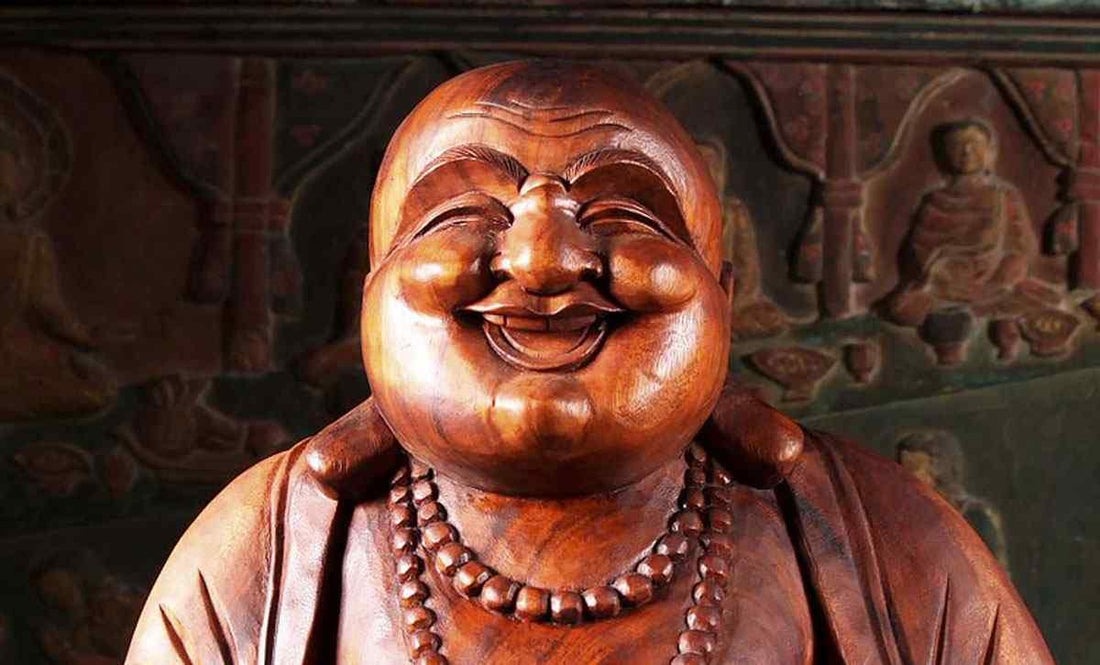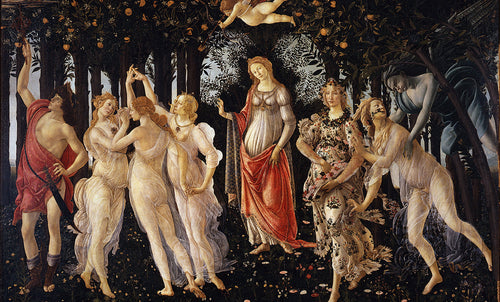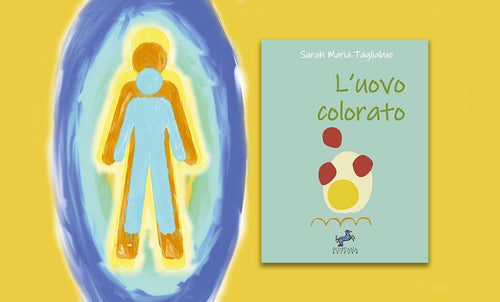
You don't have to meditate at all costs
Leonardo AnfolsiYou don't have to meditate, but now even neurologists, psychologists, and even prelates and entrepreneurs, tell us that meditation is good for you.
But here we add something more: meditating is real, meditating gives you the opportunity to look at life as that external witness – we call it pure (innate) – who comes with a screwdriver in his pocket and fixes it. As long as you struggle and fight inside, only what you already know will happen, and what has never worked. This is why in certain circumstances you go to the doctor or call the fire department; in this case we recall within us who is capable of living in the center of the hurricane.
Now here are the usual 7, banal, excuses for not meditating:
1. I'm too busy, I don't have time > Which may certainly be true, however you can meditate with great results even with just 10 minutes a day.
2. It is uncomfortable to sit still for too long > You can sit on a very comfortable chair. Or you can meditate while walking, feeling the breath coming in and out, it is very pleasant and joyful. Try it once, take fifteen minutes to notice that you are breathing, that it is wonderful and that it can give strength and meaning to life.
3. My mind never stops thinking: I can't relax and I have too many things to solve. I can't do it, you know? > Relief is useful for everyone, but if you want to escape from yourself, you have to learn to run faster and faster! :-)
4. There are too many distractions, too much noise out there > Gone are the days when we could disappear into a cave and remain there undisturbed until we reappeared, fully enlightened. Today, however, we all have to deal with the noise and hustle and bustle of the world. Despite this, we can meditate and become enlightened as usual; the trials have just become different.
5. I tried but I don't see the benefit > It is easy for us not to see the benefit ourselves, it is likely that others see it from the outside, over time. Of course, it is important to apply what we see in meditation in our daily life. If we do not stop meditating before obtaining the benefits, we learn even more to be courageous, patient and assertive.
6. I can't; I don't understand how it works > We are all capable of meditating and we already do it even without wanting to - for example when sleeping - therefore only unconsciously, and never by training ourselves to be exploratory towards ourselves. Meditation is simple and positive, it has no right or wrong, and there is no special technique to do it, since it is our innate state of consciousness, finally made clear, evident. Inhaling and exhaling with presence and joy gives us the maximum freedom.
7. It's a bizarre thing for fanatics who live with their heads in the clouds looking for angels and flying saucers > Meditation is as old as the mountains. The Buddhist one is more than 2,500 years old and was taught to achieve the first and most necessary freedom, that from our preconceptions and from all those choices we make without realizing it, tormenting ourselves and others.
Meditate for ten minutes a day and you will see how life reveals itself to you when you free yourself from the constraints of thought, breathing and rediscovering the natural silence that is within you.
Leonardo Anfolsi
















































